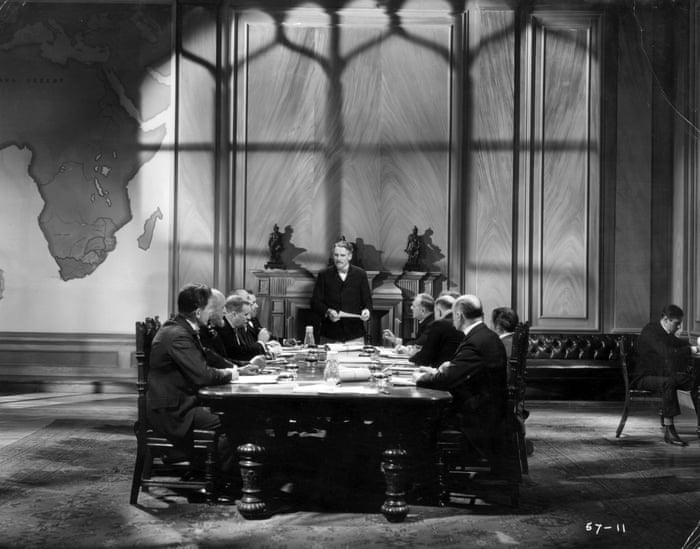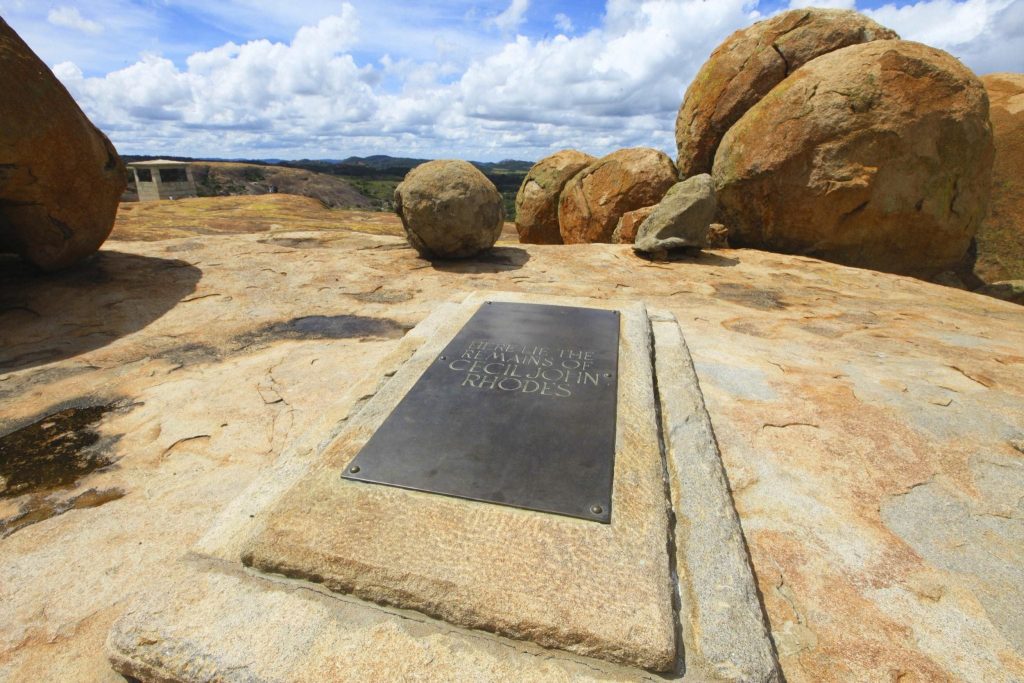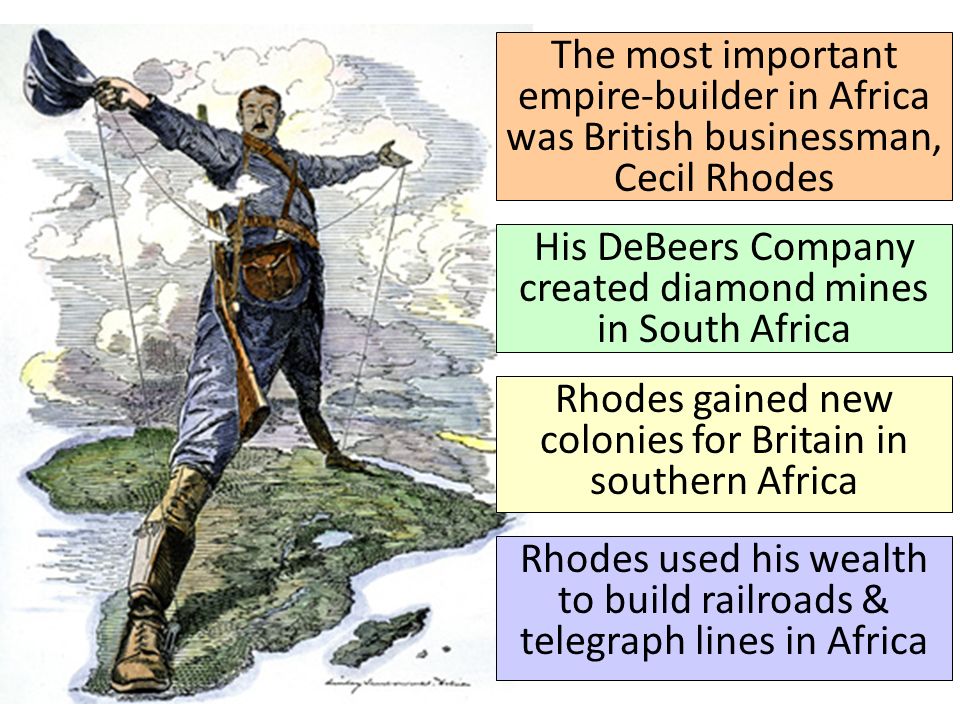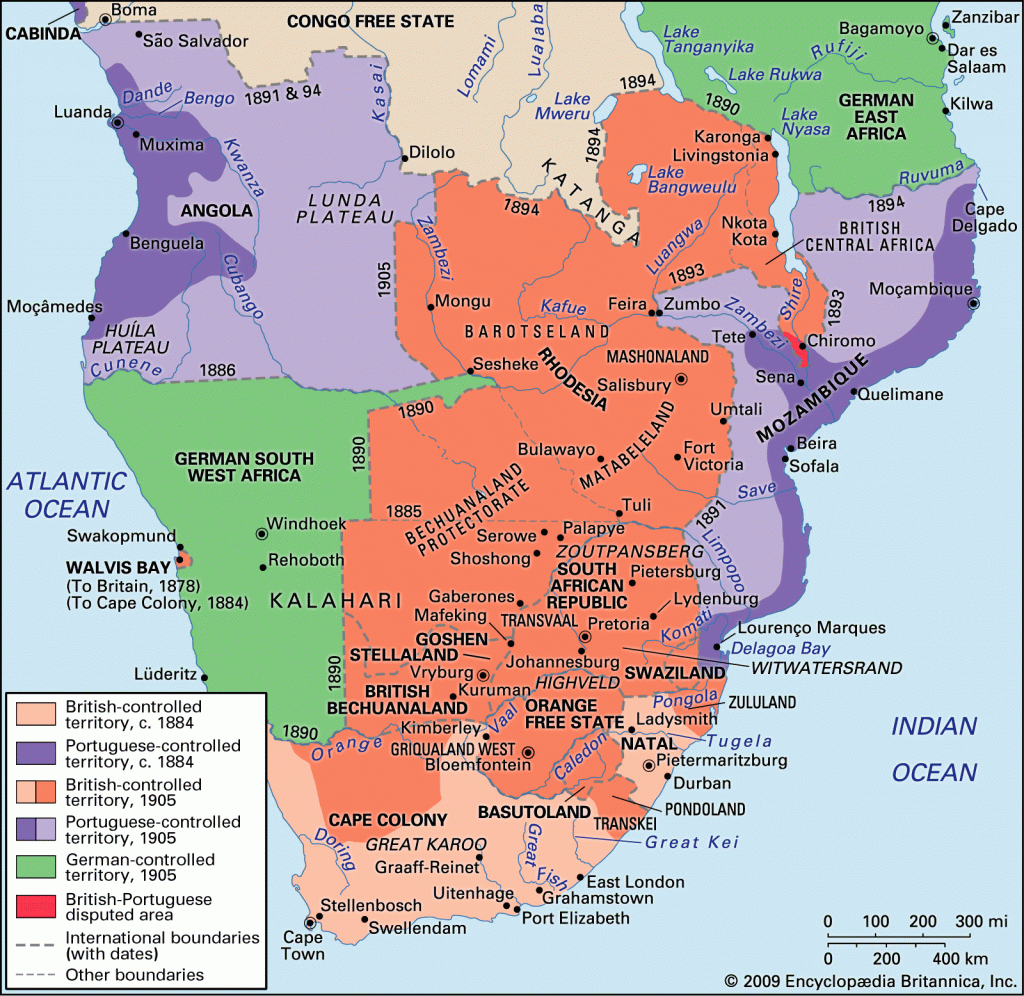Oriel College, Oxford University decided this week to remove the statue of their main patron, Cecil Rhodes (1853-1902), to make way for African-American Rhodes scholar Alain Locke, the first and last for 50 years after to receive the scholarship. Owen Jones, political commentator, called him a “mass murderer.” What really happened back then and why is there such vitriolic debate between proponents and detractors?
The Precursor to Apartheid
As Prime Minister of the Cape Colony, a position won through bribery via shares in his diamond and gold companies, Rhodes undertook the Glen Grey Act, the blueprint for Apartheid. Rhodes’ ‘Native Bill’ and ‘hut tax’ set out its intent to force all Africans into wage-labour markets, furthering his mining claims in Kimberley and the Transvaal. This forced a transfer from subsistence farming to commercial farming. The humiliated Africans revolted with 50,000 men to re-take their country.
His opening speech started with,
‘the natives are a distinct source of trouble and loss to the country…they should be a source of great assistance to us. At any rate, if the whites maintain their position as the supreme race, the day may come when we shall all be thankful that we have the natives with us in their proper position…to find certain locations for them where, without any right or title to the land, they are herded together. They are multiplying at enormous rate without the old diminutions of war and pestilence to control their number. And we have given them no share in the government.’
Rhodes inaugural speech as Prime Minister of the Cape Colonies, 13TH November 1900
He went on to say:
‘I hold that the natives should be apart from white men, and not mixed up with them…the natives are not altogether citizens, they are still children.’
Glen Grey Act
Removing property ownership rights forced Africans to enter the degrading wage labour market, enforcing this with a labour tax on those who couldn’t prove they were working.

This later became the 1913 Natives Land Act, the precursor of Apartheid, removing along with it Glen Grey, Africans’ voting franchise.
Dutch Afrikaner settlers complained of the competition posed by increasing propertied Africans. To win the Afrikaner trust (and the Dutch-owned half of South Africa), Rhodes set about disenfranchisement to cement a legacy of white farm owners for generations to come.
Despite being under the British Empire’s jurisdiction, Rhodes defeated the English Cape Parliament Members, deviating from British 19th ideals that ‘all persons, irrespective of colour, were equal before the law’, to become the tyrant. By 1895, he was master of Southern Africa, owned most of the world’s diamond and gold mines across three colonial dependencies.
Oriel College
Dying in 1902, his last words were ‘so little done, so much to do’.
He left £6 million (just shy of £1 Billion in today’s money), to Oriel College, Oxford, to establish the Rhodes’ Scholarship to provide places for students from the US, British colonies and Germany.
His legacy was one of ruthless ambition, rarely seen in the world. He played the British Government, the African peoples against one another and he created the foundations for racial divisions under Apartheid and disenfranchisement we see to the present day. His legacy caused countless deaths through oppression. Replacing a system of slavery with restricted voting, no property rights, de-facto segregation, artificially low wages isn’t much by means of improvement.
What does the other side say?
The conquest seems to be an advanced and law-orientated civilisation vanquishing a violent culture with little prospect for scientific advance. The Ndebele Kingdom (Zulus) was predicated on extortion. It brought about terrible suffering on its subjects. A level of technological sophistication below that of pre-Roman Britain with the horrors of ISIS. Segregation into white and black land reservations wasn’t established until decades after Rhodes’ death and the dissolution of his company. The massacres, mass-rape and looting were illegal and taboo to British society, unknown to the British Government back home. The legal implications of the raising of the Union Jack were the immediate abolition of slavery and the outlawing of murder in the region.

The Zulus had no means to extract, process, sell and export minerals and no institutional framework to get them there. They didn’t have the wheel, money or a system of writing. People aren’t elevated from the early iron age to 20th century Europe overnight.
Almost overnight, a few hundred miners found themselves the recognised rulers of a vast, multi-ethnic empire. Largely courtesy of the ruthless guile of Rhodes and two machine guns.

This all happened during ‘the Scramble for Africa’, a unique phenomenon of its time, seen as inevitable by attitudes of the day. If it weren’t Rhodes, it would have been other British, German or Dutch colonisers who would have suppressed the natives. The lack of shared mythology, low literacy, no established norm of civil participation meant the Zulus’ days were numbered.
Undoubtedly, Rhodes was a racist, but it should be noted that whether by his manipulation or otherwise, the Zulu Kingdoms, even if they did not like him, they respected enough to receive his salutes and vowed to guard his grave forever out of respect.

Campaigns like ‘Rhodes Must Fall’ are imbued with narratives that Western colonialism was uniquely evil and sinister in a way that contemporary empires were not. It is, besides honouring the true legacy of the oppressed and their oppressors, a form of demoralisation of Western populations. We see, borne out of this process of demoralisation, the belief by the entrenched white British mentality, a belief they are being subjugated themselves.
Nationalists have adopted the notion that once a society has no pride, it is easy to conquer. When its people see no value in it, they won’t bother to defend what they have until they realise, all too late, what they’ve lost. The danger in allowing opportunists, who see deconstruction and accusation as means of attaining personal power, to attack a nation’s shared history carte blanche, lies in the counter-movement it creates.


